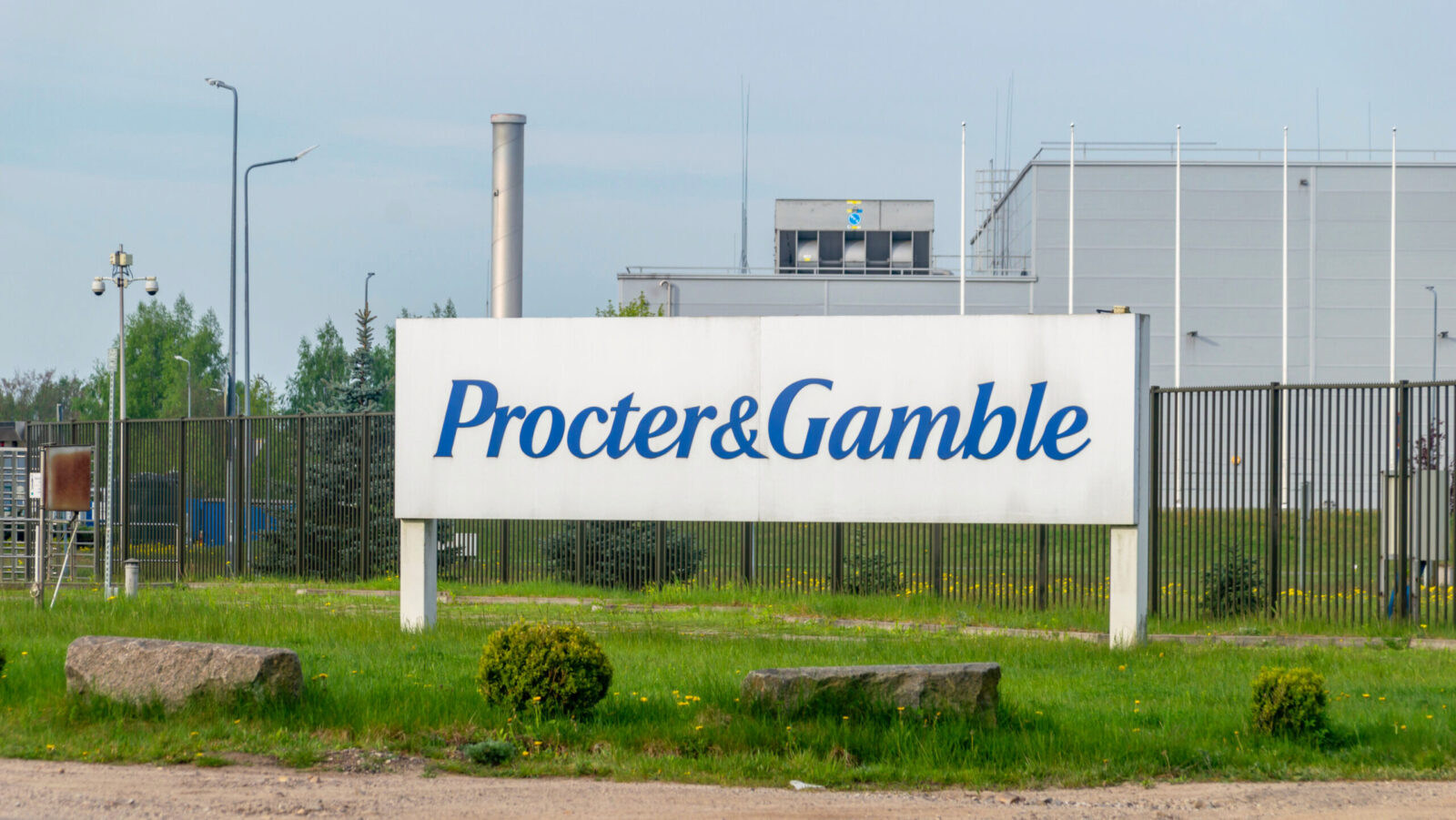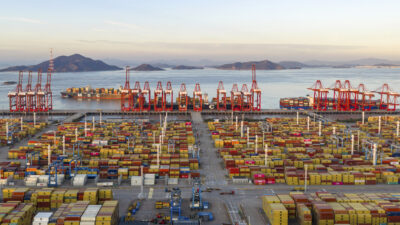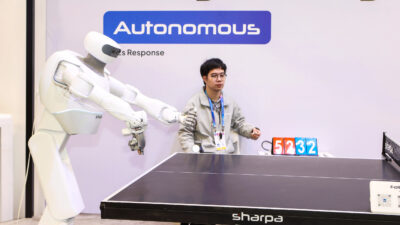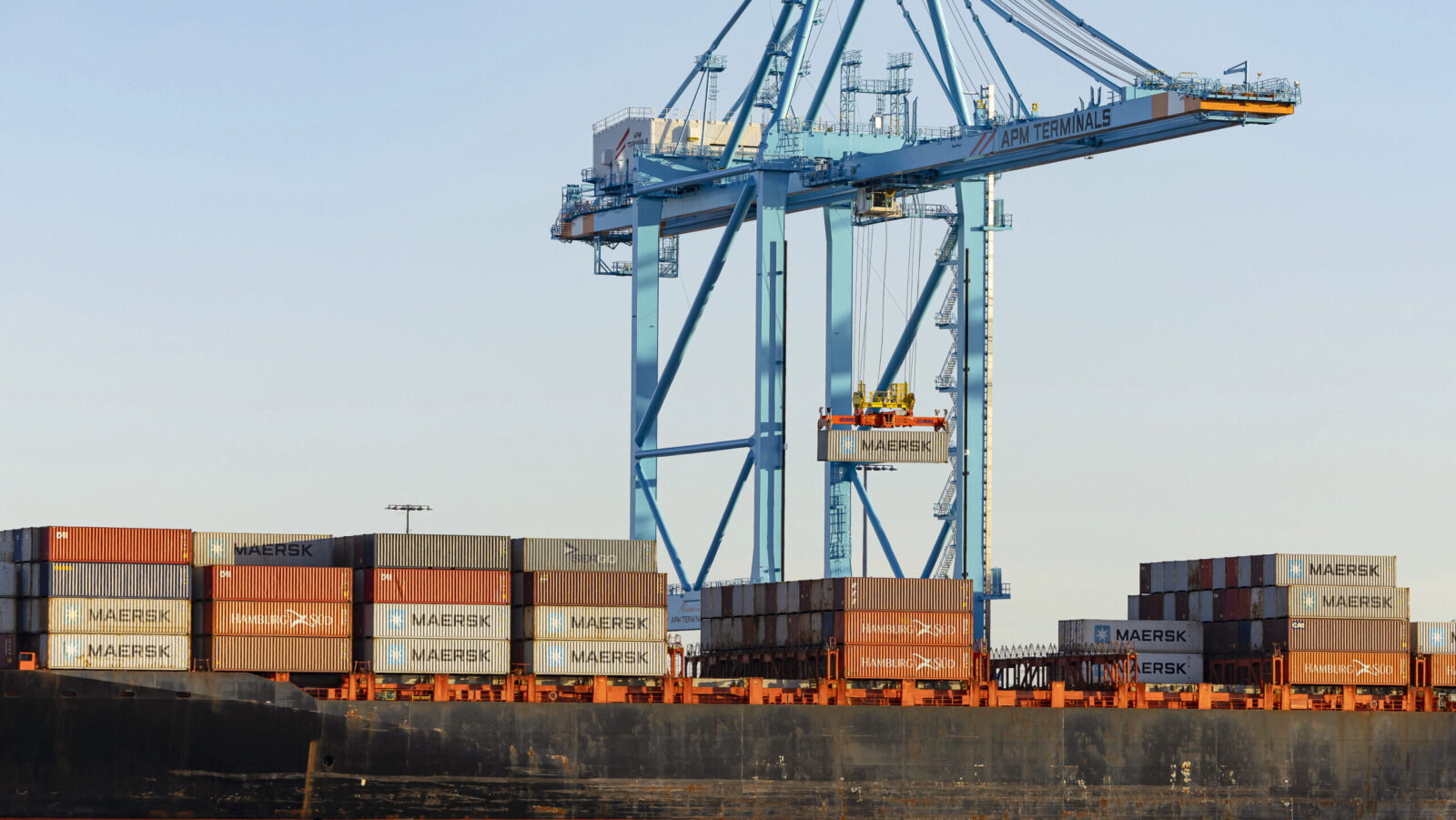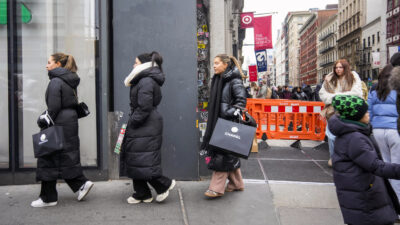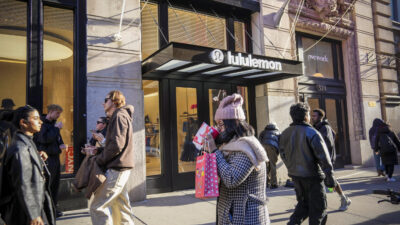Starbucks Whips Up Big Bids for Its Chinese Biz
Starbucks is said to be entertaining bids from about 10 would-be buyers that value its Chinese operations at up to $5 billion.
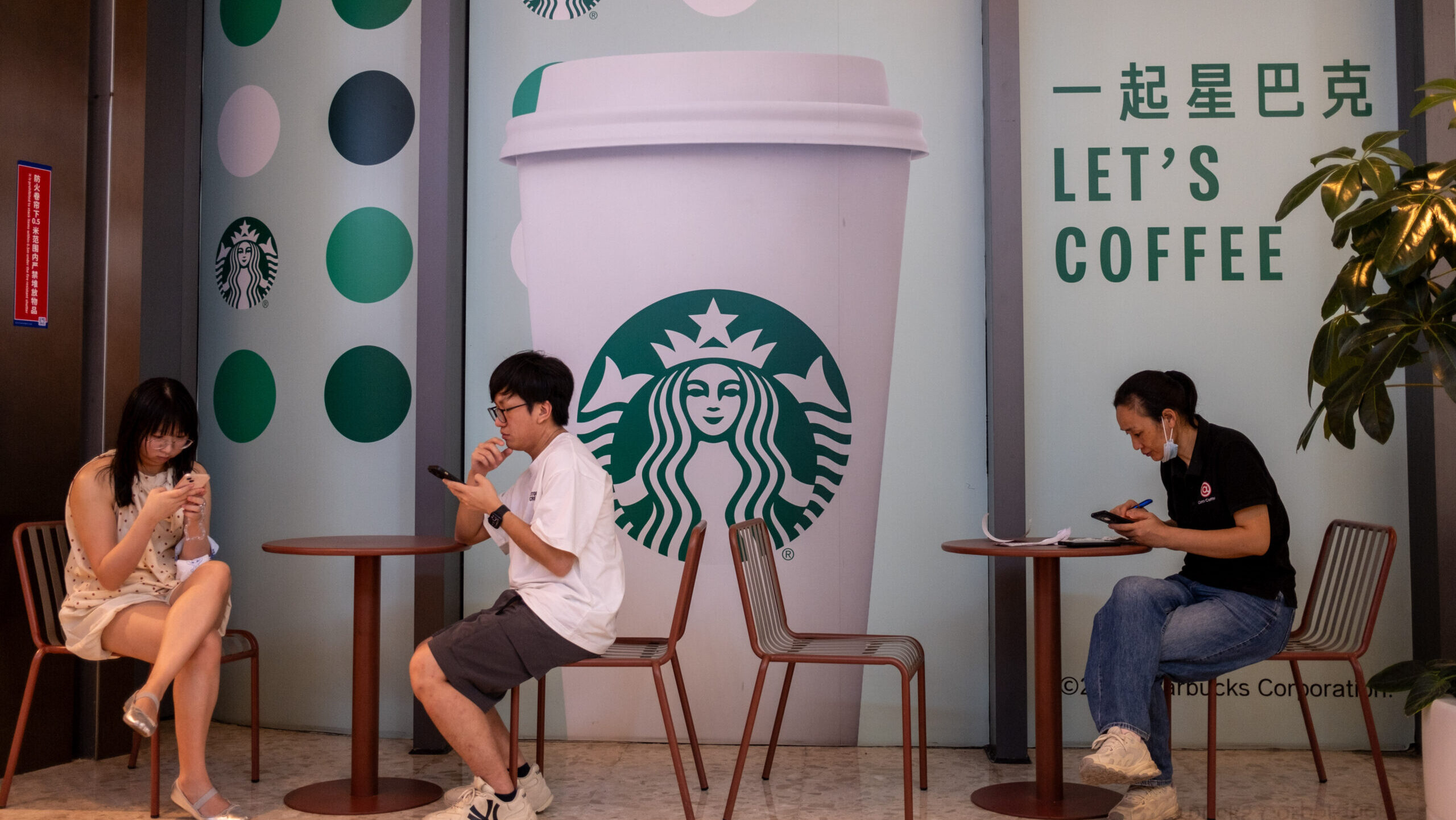
Sign up for smart news, insights, and analysis on the biggest financial stories of the day.
Investment firms are lining up to buy Starbucks’ biz in China, where the coffee giant is competing with local faves like Luckin Coffee. Carlyle Group and EQT, plus China’s own HongShan Capital Group and Boyu Capital, are preparing final bids that could be squared away by the end of next month, Reuters reported.
Starbucks is said to be entertaining bids from about 10 would-be buyers that value its Chinese operations at up to $5 billion. The Seattle company plans to hang onto a sizable stake in the country, which remains Starbucks’ second-largest market behind the US.
Siren Out of Water
Starbucks’ market share in China more than halved from 2019 to last year, when it hit 14%, Euromonitor found. Chinese chains have chipped away at its market share with low prices and locally loved drinks:
- Luckin dominates China, with twice as many cafes as Starbucks; it’s the largest coffee chain in China. For scale, Luckin has more storefronts in China than Starbucks does in the US (24,000 versus 17,000). Up-and-coming Chinese chain Cotti Coffee has expanded its retail footprint rapidly, too, mostly in China.
- Both Luckin and Cotti are also opening storefronts in North America, where Starbucks has recorded six straight quarters of declining sales. Luckin opened its first two US locations this summer, both in Manhattan, in its first expansion outside of Asia. Cotti, meanwhile, opened its first US location last year in Hawaii and has since expanded to California and New York.
Two-Tailed: At the same time, Starbucks looks to offload control of its Chinese ops, it’s one year into CEO Brian Niccol’s plan to turn around falling US sales, which have dropped more slowly in recent quarters. Niccol’s strategy focuses on creating a cozy coffee shop vibe that emphasizes human connection more than mobile-order efficiency. That’s the opposite of Chinese rivals’ grab-and-go model. Luckin’s new US stores only accept mobile orders and have just a few small tables. While Niccol has said Starbucks is committed to China long-term, bringing in an outside buyer could help him focus on his US strategy while the new investor takes a different approach to its China biz.
